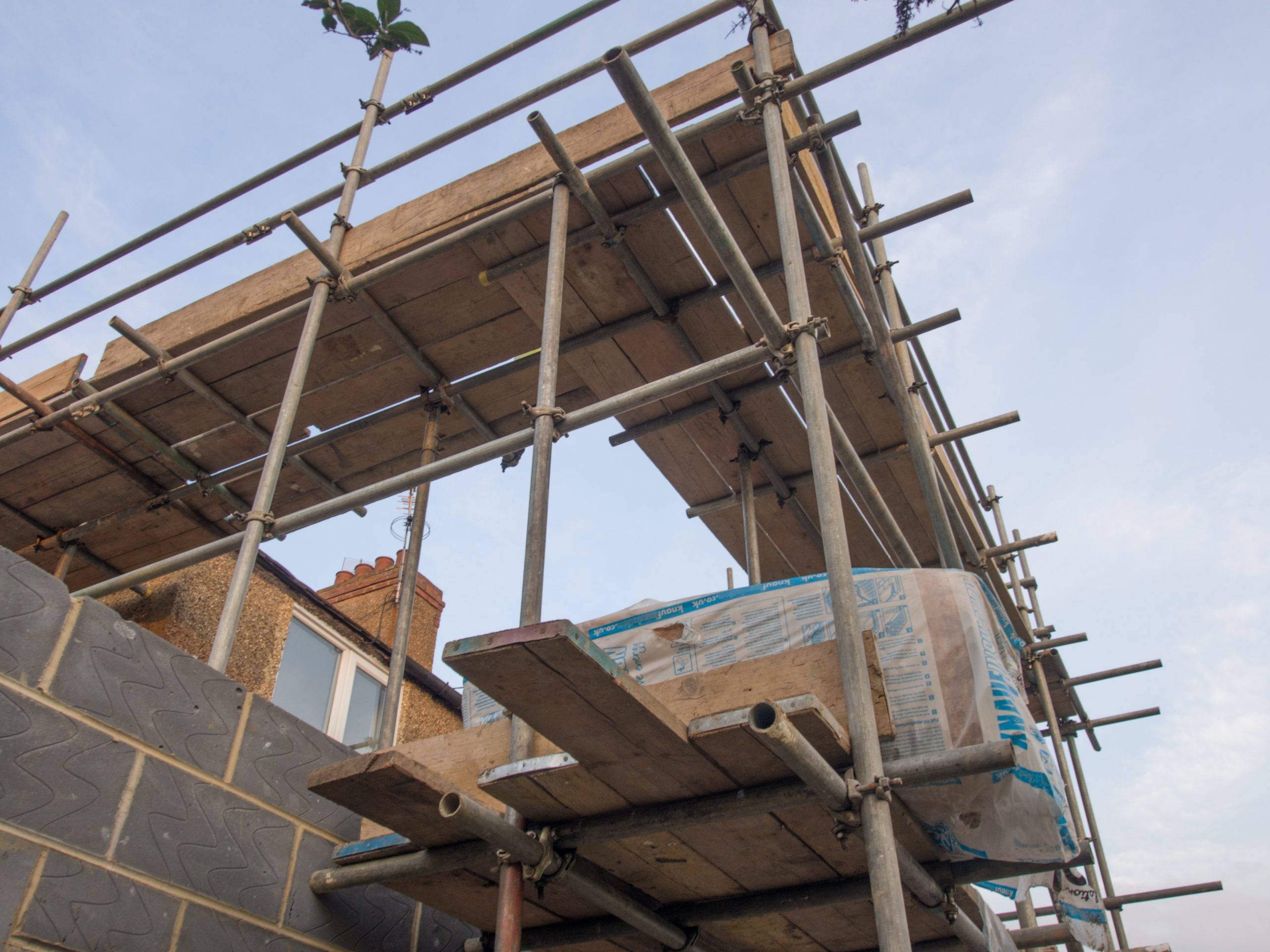Introduction:
Embarking on a ground floor extension is an exciting endeavor that can transform your living space and enhance your home’s functionality. However, before you delve into the world of construction, it’s essential to understand the legal framework that governs such projects, particularly the Party Wall Act. In this blog post, we’ll explore the key aspects of starting a ground floor extension and delve into the requirements of the Party Wall Act to ensure a smooth and compliant journey.
- Defining the Ground Floor Extension:
A ground floor extension is a fantastic way to expand your living space while making the most of your property’s footprint. This type of extension involves extending your home horizontally on the ground level, often adding new rooms, a larger kitchen, or additional living areas.
- Assessing Your Project’s Scope:
The first step is to clearly define the scope of your ground floor extension. Determine the size, layout, and purpose of the new space. This will help you understand whether your project falls under the Party Wall Act’s scope.
- Understanding the Party Wall Act:
The Party Wall etc. Act 1996 is a legal framework in the UK that addresses the rights and responsibilities of property owners when construction work affects shared walls, boundaries, or structures. If your ground floor extension involves work that might impact adjacent properties, you’ll need to navigate the Act’s requirements.
- Party Wall Notice:
If your ground floor extension is deemed notifiable under the Act, you must serve a party wall notice to your adjoining neighbors. This notice should outline the nature of the proposed work, its potential impact, and the intended start date. It’s crucial to serve this notice at least two months before the construction begins.
- Adjoining Owners’ Response:
Upon receiving the party wall notice, your neighbors, known as adjoining owners, have three options:
- Consent to the work: If they have no objections, you can proceed without a formal agreement, though conditions may apply.
- Dissent and appoint a surveyor: If your neighbors are concerned about potential impacts, they can dissent and appoint a surveyor (or agree on one) to oversee the project’s effects.
- Do nothing: If your neighbors don’t respond within 14 days, a deemed dispute arises, and the involvement of surveyors might be necessary.
- Surveyors and Party Wall Award:
If a dispute arises, appointed surveyors mediate between you and your neighbors. They assess the proposed work’s impact and determine protective measures. This formal agreement, known as a party wall award, outlines how the work should proceed to minimize damage and disturbances.
- Protecting Your Neighbours’ Interests:
The Party Wall Act ensures that your neighbours’ interests are protected throughout the extension process. It aims to maintain a balance between your right to improve your property and the need to prevent unnecessary inconvenience to adjoining properties.
- Costs and Responsibility:
As the initiator of the extension, you’re typically responsible for covering the surveyors’ fees and any required repairs or protection measures to your neighbors’ properties.
Starting a ground floor extension is an exciting journey that promises to enhance your living space and lifestyle. However, the Party Wall Act requirements are an important aspect to consider. By understanding the Act’s provisions, serving proper notices, and engaging with surveyors if necessary, you can ensure that your extension project proceeds smoothly while maintaining harmonious relationships with your neighbors. Remember, compliance with the Party Wall Act is not just a legal obligation; it’s a way to foster understanding and cooperation within your community as you embark on this transformative home improvement journey.
